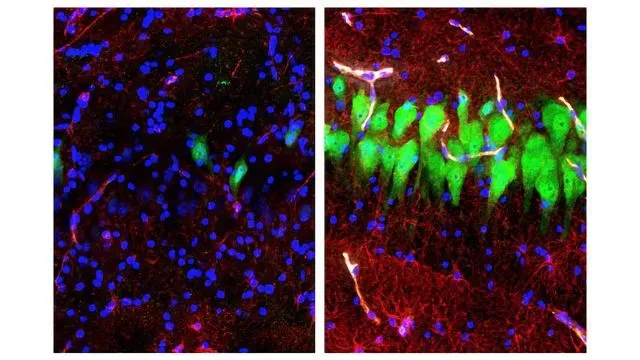This article by the NY times explains how scientists have restored some cellular activity from deceased pigs. While the brain functions did not resemble anything close to consciousness, the results were nevertheless profound. In an experimental treatment, blood vessels did begin to function. Flowing with a blood substitute, certain brain cells regained metabolic activity and even responded to certain drugs. When these treated brain slices were tested they discovered electrical activity in some neurons. This "partly alive" discovery poses many contradictions to what we have always known about life and death. This new research also confirms how little we actually know about the injured brain. Until now society has always believed that brain activity declines rapidly when blood supply is cut off and is irreversible. The research team had developed a system called brain ex which pumps the experimental solution into the brain. The solution was administered over a period of six hours which brought oxygen to the tissue and contained chemicals that let researchers track its flow via ultrasound. The infusions also contained blockers that would prohibit any consciousness from occurring. The scientists also evaluated brains that did not receive the infusions for comparison.
In conclusion, this is a huge advancement in the medical industry. While we may be years away before brain resuscitation even reaches preliminary testing on humans, researchers have suggested they can see where one day brain resuscitation becomes a standard medical practice.
Neurons (green), astrocytes (red), and cell nuclei (blue) in the brains of pigs. On left, brain tissue left untreated for 10 hours after death; right, brain tissue subjected to the experiment.

I find it interesting that the researchers were able to see that brain activity was not entirely stopped after the pig had died. This could have important implications for organ donors in the future, as they can potentially be kept viable for extended periods of time.
ReplyDelete